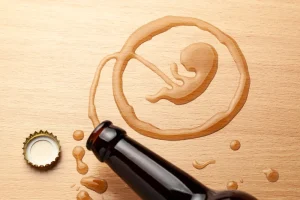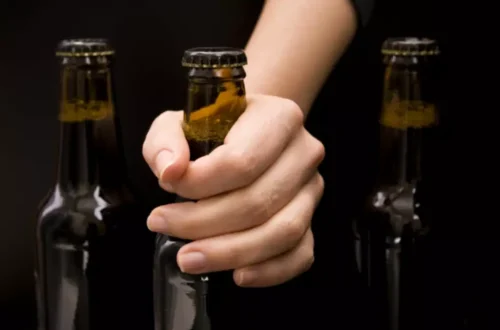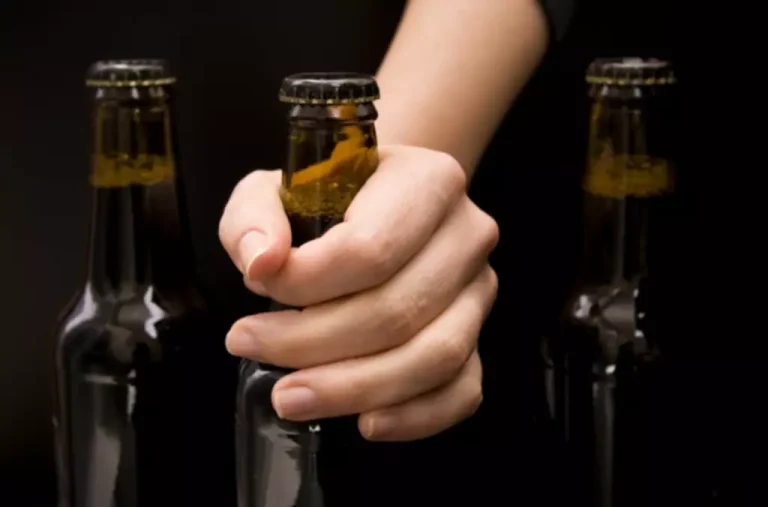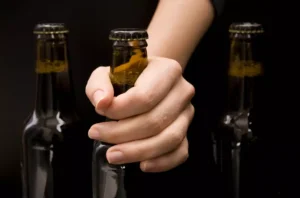
Until we smash these common misconceptions about sobriety, people will continue to think sobriety is boring. American Addiction Centers (AAC) offers treatment centers across the United States. Equipped with accredited staff, our rehabs practice evidence-based treatment strategies and provide healing for a host of substance use disorders and co-occurring conditions. To alleviate your fears about admissions, treatment, insurance coverage, and more, talk to an AAC admissions navigator today.
Sobriety Fear #7: You’ll lose your friends.
- I was so consumed by depression and anxiety that I just kind of existed.
- You’re more likely to surround yourself with other people who also misuse substances, and that can mean you never really get to know people without the influence of these substances.
- Sober movements are redefining what it means to have fun and challenging alcohol’s role in our social lives.
- You have to relearn how to exist as a person without a cigarette, and the people in the video seemed comically inept.
- Without my crutches, I didn’t understand how to react to anything in a healthy way.
Nifaliophobia, or the fear of being sober, manifests as a significant and persistent fear related to the absence of alcohol or drugs from your life. Understanding the changes in brain chemistry caused by substance use disorder can help motivate individuals to take steps to maintain their sobriety. By closely monitoring these changes and seeking professional help when necessary, individuals can better manage their recovery and overcome the challenges of staying sober. By seeking professional help, individuals can develop the coping skills and strategies necessary to manage their recovery effectively. This support can empower them to overcome the obstacles of staying sober, rebuild their lives, and achieve long-term sobriety. They can be facilitated by a professional or casual, and they strive to assist members in managing their situations and enhancing their mental health.

A future free of addiction is in your hands

Withdrawal symptoms can be uncomfortable, but they are not always dangerous. With the help of a medical professional, you can safely detox from drugs and alcohol without worrying about withdrawal symptoms. When you’re misusing drugs or alcohol, your relationships may be built on substance use. You’re more likely to surround yourself with other people who also misuse substances, and that can mean you never really get to know people without the influence of these substances. Romantic relationships may also be built on the use of drugs or alcohol, and frequently become toxic.

How To Party Sober in 5 Easy Steps

Family therapy sessions can also be beneficial, helping to improve communication and resolve any underlying issues that may impact your sobriety. Support groups such as Alcoholics Anonymous, SMART Recovery, or other local sobriety support groups offer a community of people who are going through similar challenges. These groups provide a platform to share experiences, gain insights, and receive unconditional support. 💙 Explore the importance of Embracing Fears and how accepting what you’re afraid of can help you make changes. Despite these obstacles, sobriety can bring many positive changes and ultimately lead to a healthier life. Research indicates that continuing toxic relationships can put your recovery at risk and increase the likelihood of relapse.

Treatment Facilities
Fill out the form below and one of our fear of being sober team members will reach out to help you get started. Join Recovery Connection in celebrating your recovery with our sobriety calculator. As it turns out, I gained twenty pounds, lost all my frenetic energy and discovered I had been self-medicating a host of co-occurring disorders and syndromes which needed to be addressed. Understandably, I was disappointed and more than a little depressed. I share my experience because I do not want others to be blindsided like I was.
What are the first steps to take if I’m afraid to become sober?
And in case it wasn’t already obvious, the only way to get to long-term sobriety is to first achieve short-term sobriety. You may have thoughts about losing all that is good in your life, losing all friends, being boring, and feeling lost without the use of the substance. This fear is common, but by looking at the sober community, you can see that those thoughts are not true. One of the greatest fears of going to rehab is relapse — a sign of “failure.” However, relapse is so common that it’s considered a part of lifelong recovery for some people. Deciding to go to rehab isn’t easy, and neither is getting sober, but don’t let the fear of recovery hold you or your loved one back from seeing treatment. In this blog, we’ll address some of the biggest anxieties about recovery, and how to move past them into a brighter future.
- However, the word is often used in different ways in different contexts.
- Acknowledge the problem, take responsibility, initiate a conversation, practice transparency, and show love through actions – these are the steps to repairing relationships.
- I’m in my late 20s, and I moved to a new state and city last year, so I don’t have a ton of friends here.
- Seeking help is essential in staying sober as it provides individuals with access to experts and resources in their local area.
- It is a part of life and if you numb your feelings all the time, you won’t feel the good or the bad.
- Just keep in mind that your improvements won’t happen overnight.
- There are plenty of things people do that do not involve or center around alcohol.
It is a part of life and if you numb your feelings all the time, you won’t feel the good or the bad. Fear of pain keeps people drinking for far too long. Mostly, we are in a great amount of pain and change is our only option. For me, I was terrified because I knew no other way to be. Alcohol was part of my identity and anything different seemed impossible. I didn’t want to admit that I might not have this drinking thing under control like I thought I did for so long.
They don’t know when or how, but they trust that it will happen. In the meantime, they do what they must to survive the day. Besides, judging someone for not drinking alcohol is stupid, and you don’t need to be cool with that person anyway. In fact, this fear personally led to a dozen failures in my own sobriety journey. Many of us drink because we need something to turn down the volume of the toxic shame parade running through our brains. If your friends don’t want to hang out with you unless you’re drinking, then you know where you stand with each other.
- Without change, you won’t be able to achieve sobriety.
- Being at a party or trying to find the perfect romantic partner without alcohol is the stuff of nightmares for many people.
- Navigating your existing relationships in sobriety is a huge challenge.
- Understandably, I was disappointed and more than a little depressed.
People who use alcohol to self-medicate do not intuitively know how to regulate their emotions in healthy ways. I felt like an emotional toddler (and maybe I was). Without my crutches, I didn’t understand how to react to anything in a healthy way. Being sober is like finding that right pair of glasses. When you were using drugs, you had a skewed view of reality.
You’re probably nodding your head right now because you’ve had that conversation with yourself, too. I believe that doing the work is directly tied to commitment. It’s the same with anything that’s hard to do, like getting in shape or eating better. You have to do the work of healing whatever damage drives your drinking. I didn’t want the label because I didn’t want the problem.

